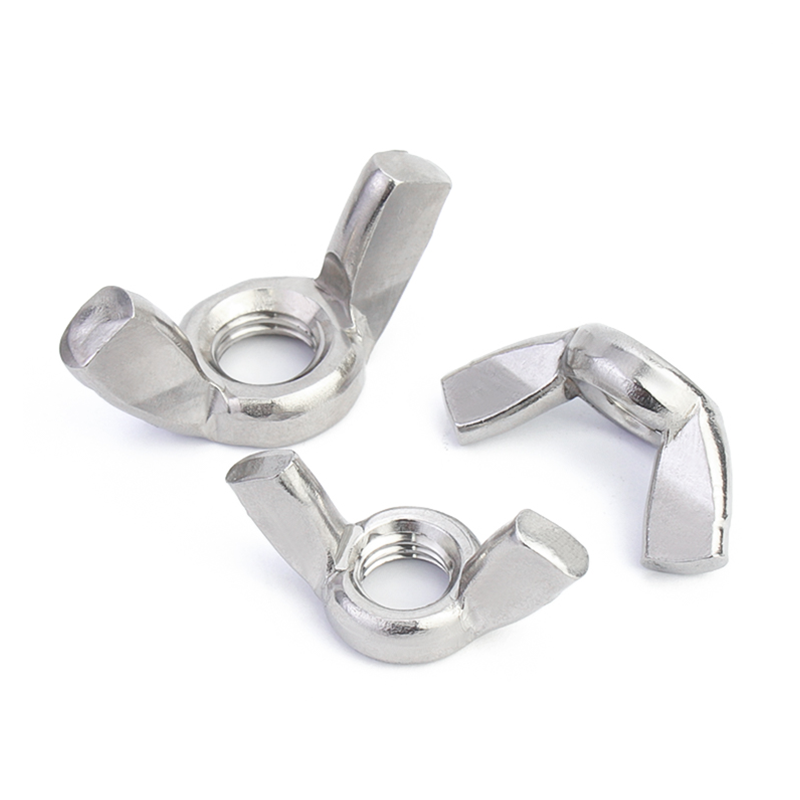

Understanding the Applications and Uses of M20 Stud Bolts in Construction
Th10 . 18, 2024 11:59 Back to list
Understanding the Applications and Uses of M20 Stud Bolts in Construction
Understanding M20 Stud Bolts A Comprehensive Overview
M20 stud bolts are a crucial component utilized in various engineering and construction applications. Known for their reliability and strength, these fasteners play a significant role in ensuring the structural integrity of many assemblies. In this article, we will delve into the features, specifications, and applications of M20 stud bolts, exploring why they are favored in multiple industries.
First, let’s break down the terminology. The M in M20 designates the metric thread standard, which is essential for metric fasteners. The number 20 indicates the nominal diameter of the bolt in millimeters, making M20 stud bolts 20 mm in diameter. Stud bolts typically have threading on both ends, allowing for the use of nuts or other fasteners to secure them in place. This design enhances versatility, enabling various configurations in assembly.
Understanding M20 Stud Bolts A Comprehensive Overview
The dimensions of M20 stud bolts conform to specific standards, with the most common being ISO 898-1, which outlines the mechanical properties of bolts. The standard specifies different grades, each indicating the bolt's tensile strength. For example, an M20 stud bolt with a property class of 8.8 is widely used, offering a tensile strength of 800 MPa, making it suitable for standard load-bearing applications.
m20 stud bolt

When it comes to applications, M20 stud bolts are used in various fields, including construction, automotive, and manufacturing. In construction, they are often employed for securing structural steelwork, where strength and reliability are paramount. In the automotive industry, these bolts can be found in engine assemblies and chassis components, securing critical parts that must withstand high stress and vibration.
Installation of M20 stud bolts requires careful consideration to ensure optimal performance. Proper torque specifications must be adhered to, as over-tightening can lead to bolt fracture, while under-tightening can cause components to loosen over time. Therefore, many engineers use torque wrenches and follow manufacturer guidelines during installation.
Furthermore, it is crucial to consider the use of washers and nuts when using M20 stud bolts, as these components can significantly influence the bolt's load distribution and overall effectiveness. Locking mechanisms, such as nylon inserts or serrated nuts, may also be implemented to prevent loosening under dynamic loads.
In conclusion, M20 stud bolts are indispensable in numerous applications due to their robust design and adaptability. Their superior strength, combined with a variety of material options and adherence to international standards, makes them a preferred choice for engineers and manufacturers alike. As industries continue to evolve, the demand for reliable fasteners like M20 stud bolts will undoubtedly persist, proving their lasting significance in the world of engineering and construction.
Latest news
-
Hot Dip Galvanized Bolts-About LongZe|High Strength, Corrosion Resistance
NewsJul.30,2025
-
High-Strength Hot Dip Galvanized Bolts - Hebei Longze | Corrosion Resistance, Customization
NewsJul.30,2025
-
Hot Dip Galvanized Bolts-Hebei Longze|Corrosion Resistance&High Strength
NewsJul.30,2025
-
High-Strength Hot-Dip Galvanized Bolts-Hebei Longze|Corrosion Resistance&High Strength
NewsJul.30,2025
-
Hot Dip Galvanized Bolts-Hebei Longze|Corrosion Resistance&High Strength
NewsJul.30,2025
-
Hot Dip Galvanized Bolts - Hebei Longze | Corrosion Resistance, High Strength
NewsJul.30,2025

